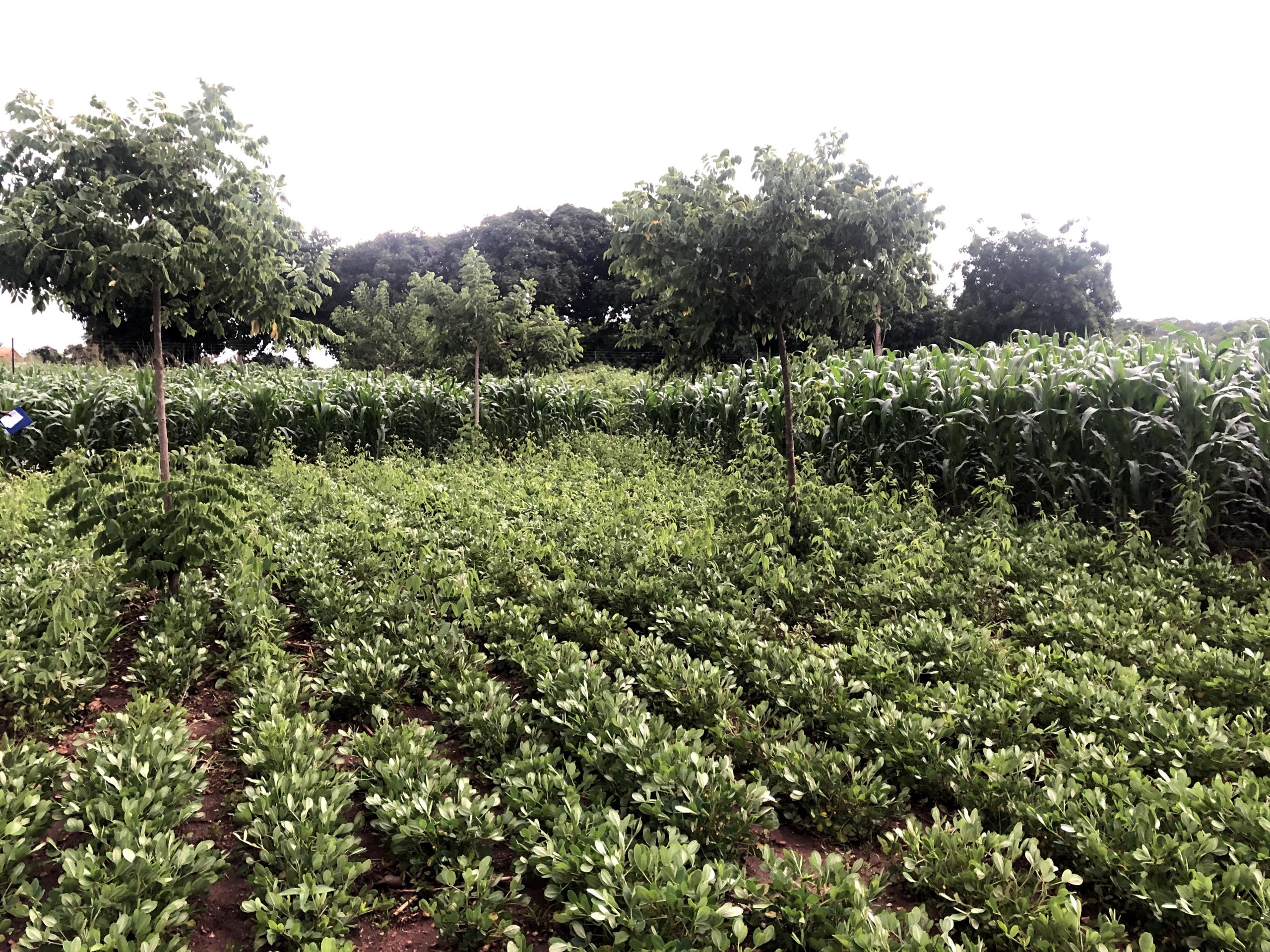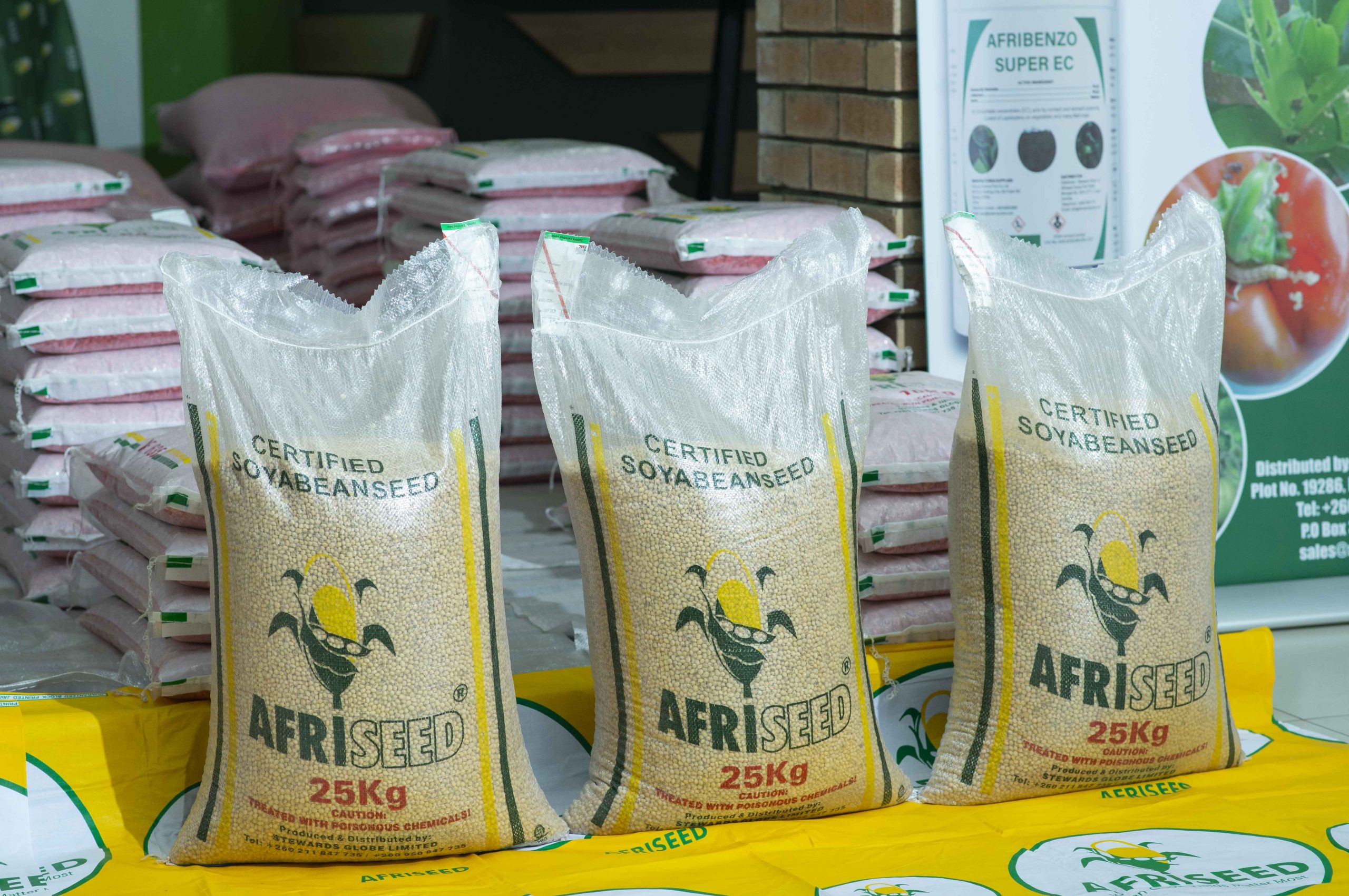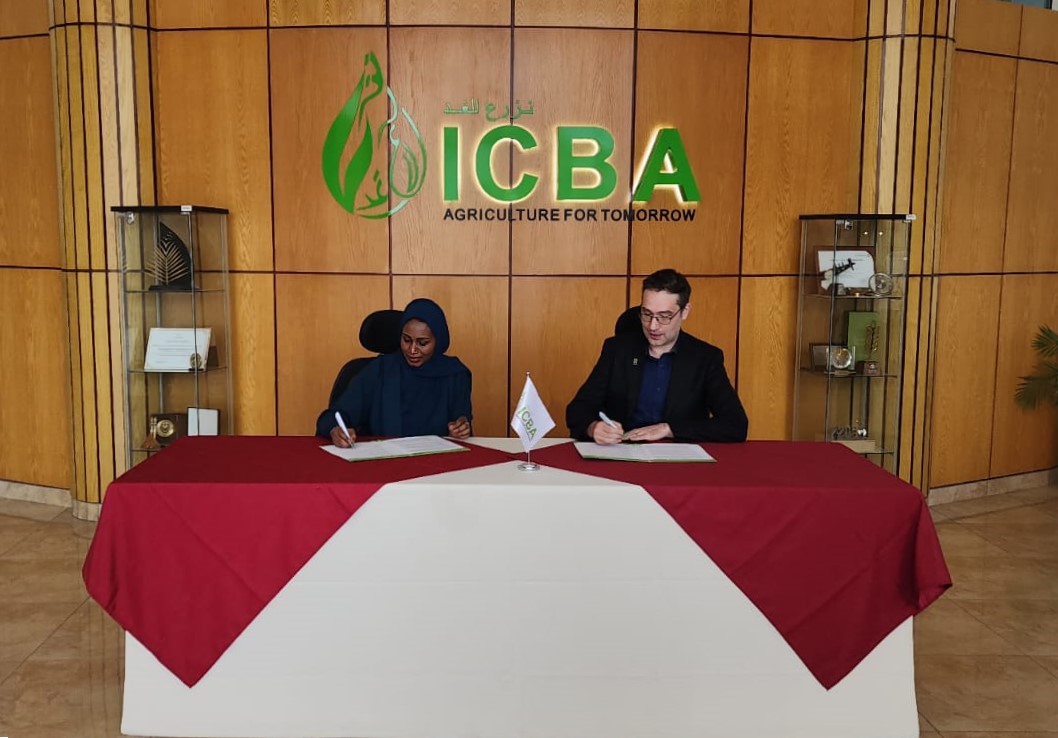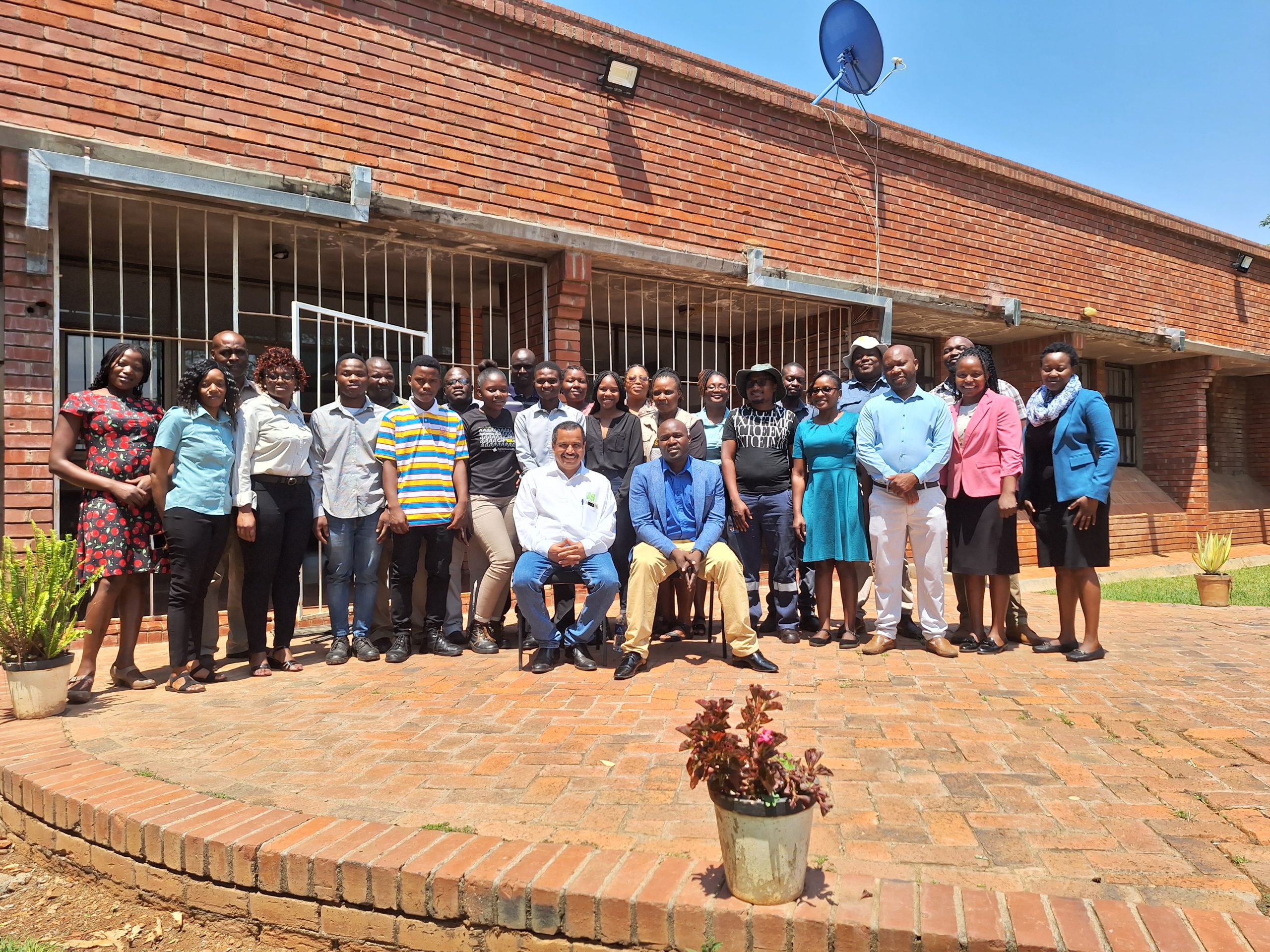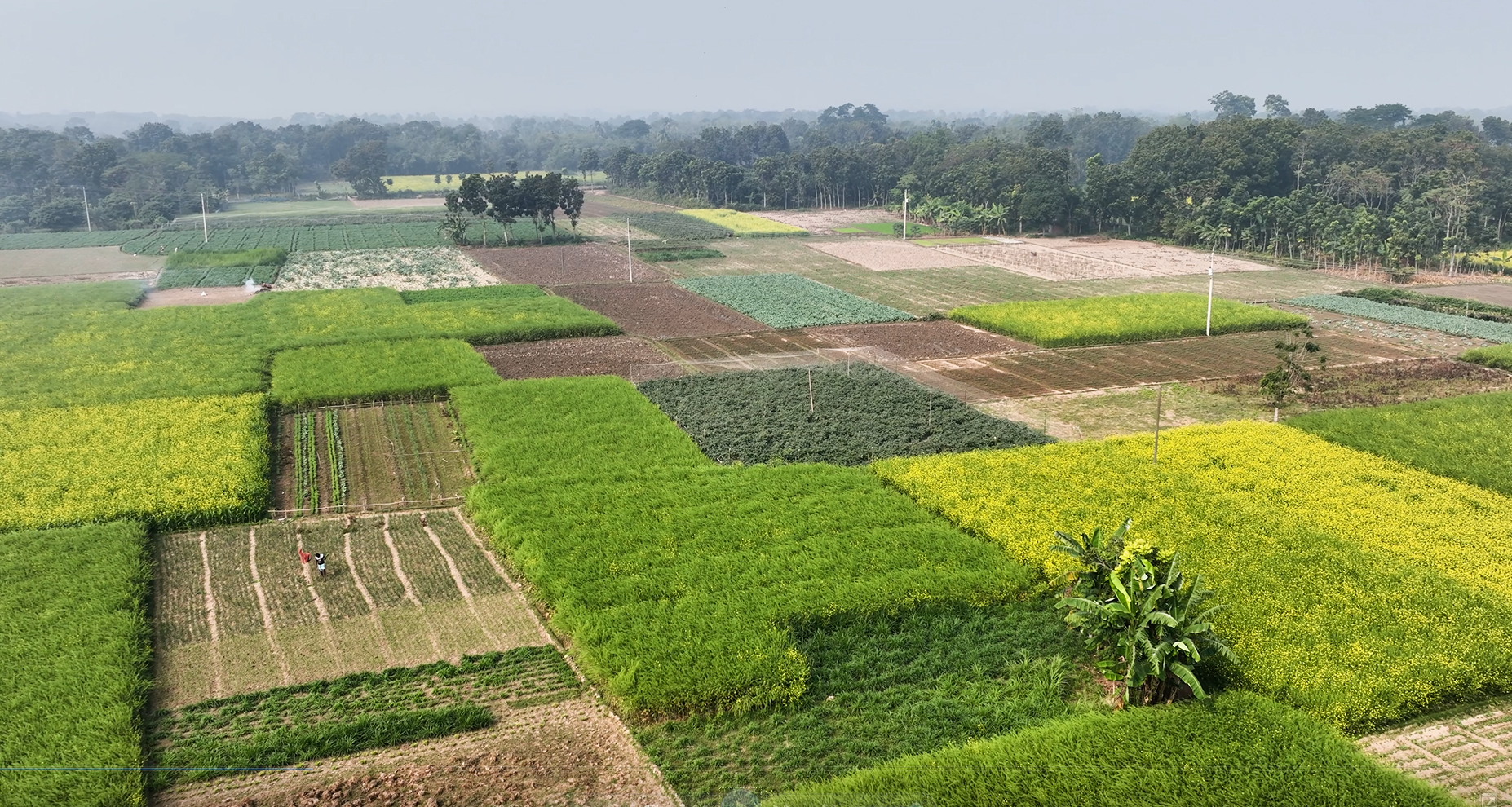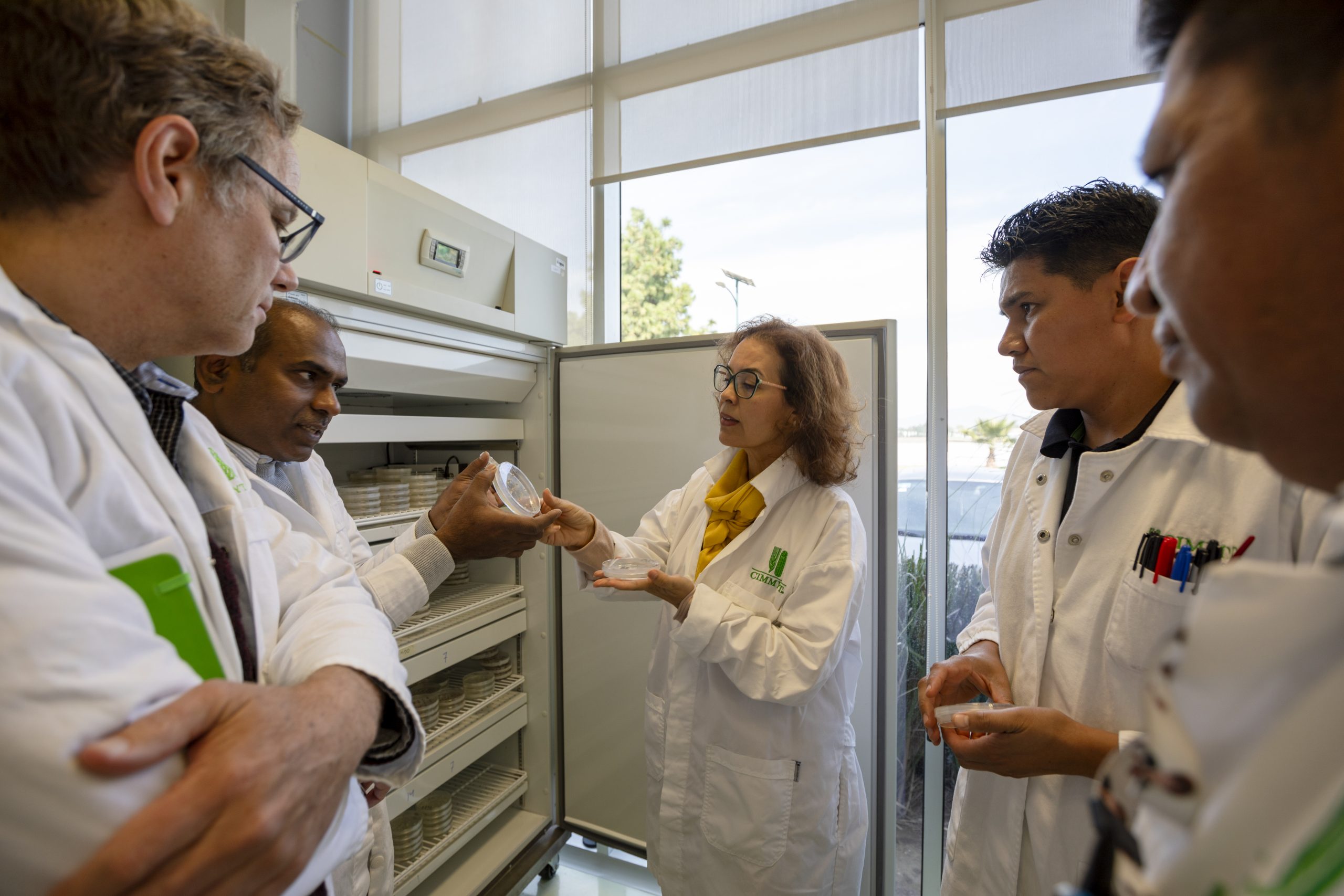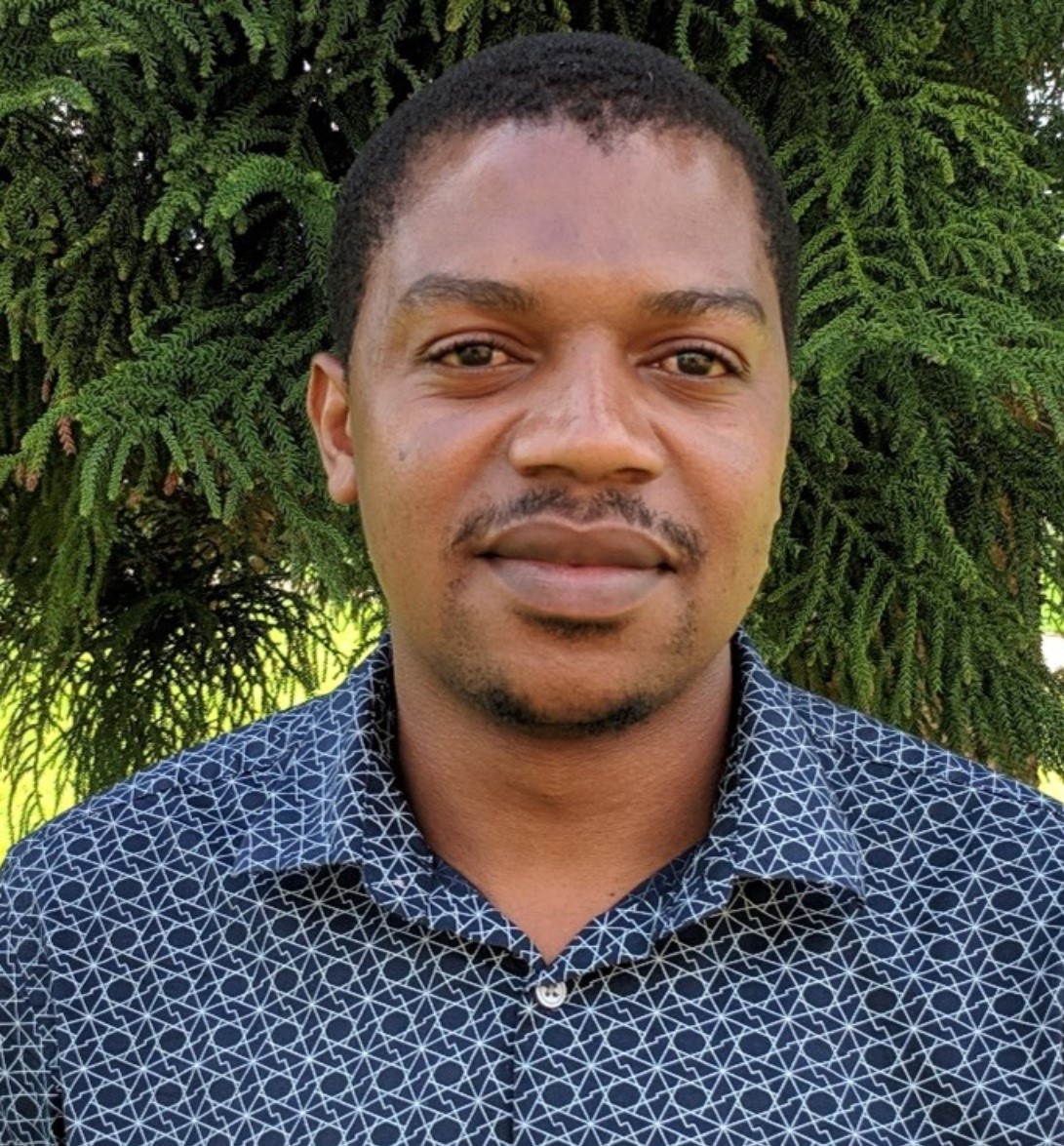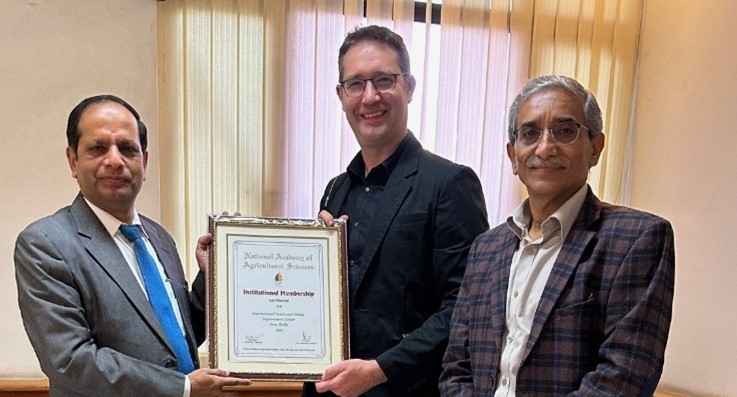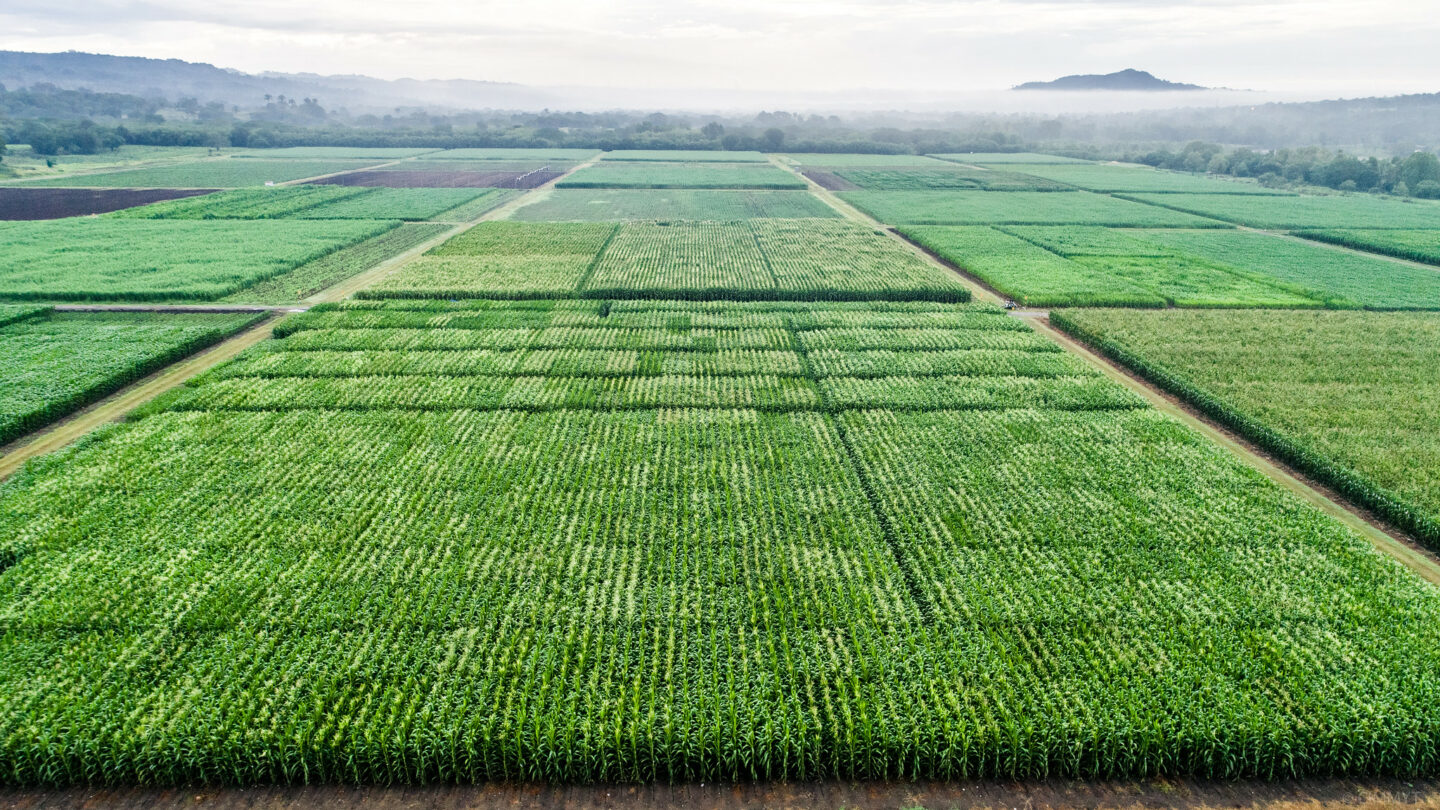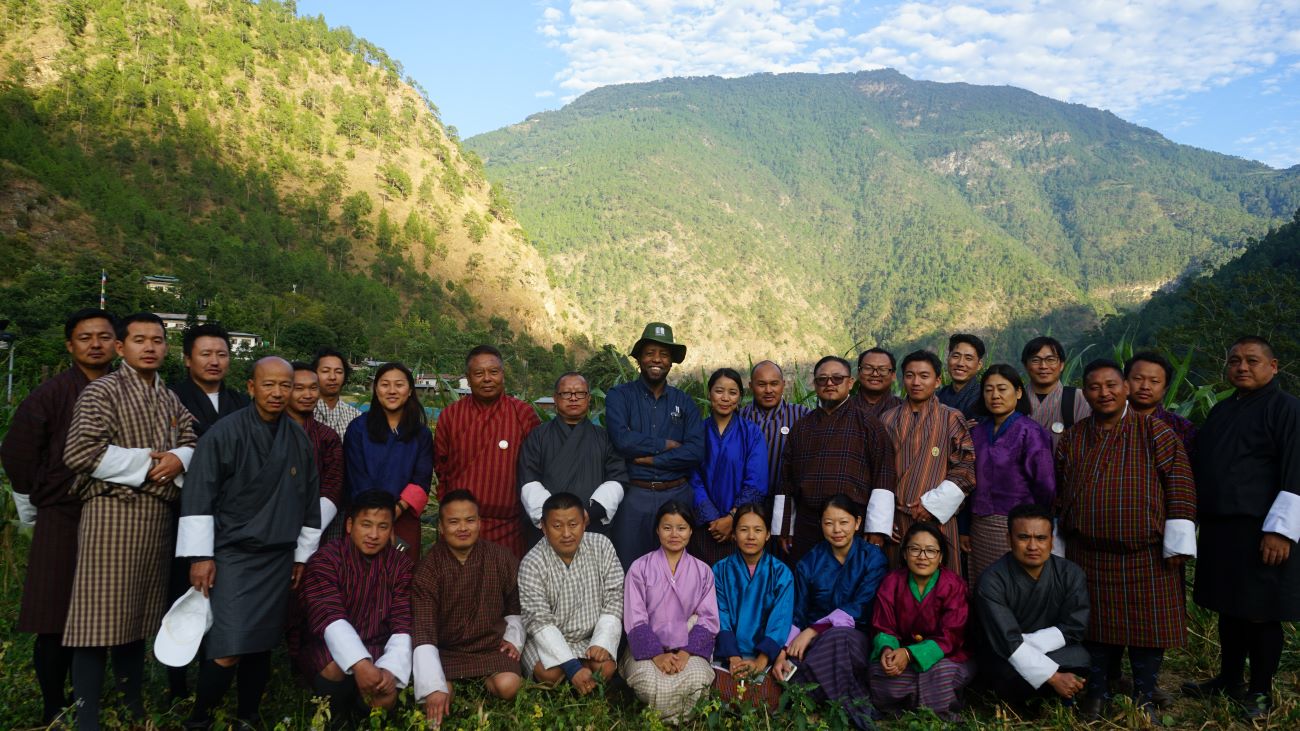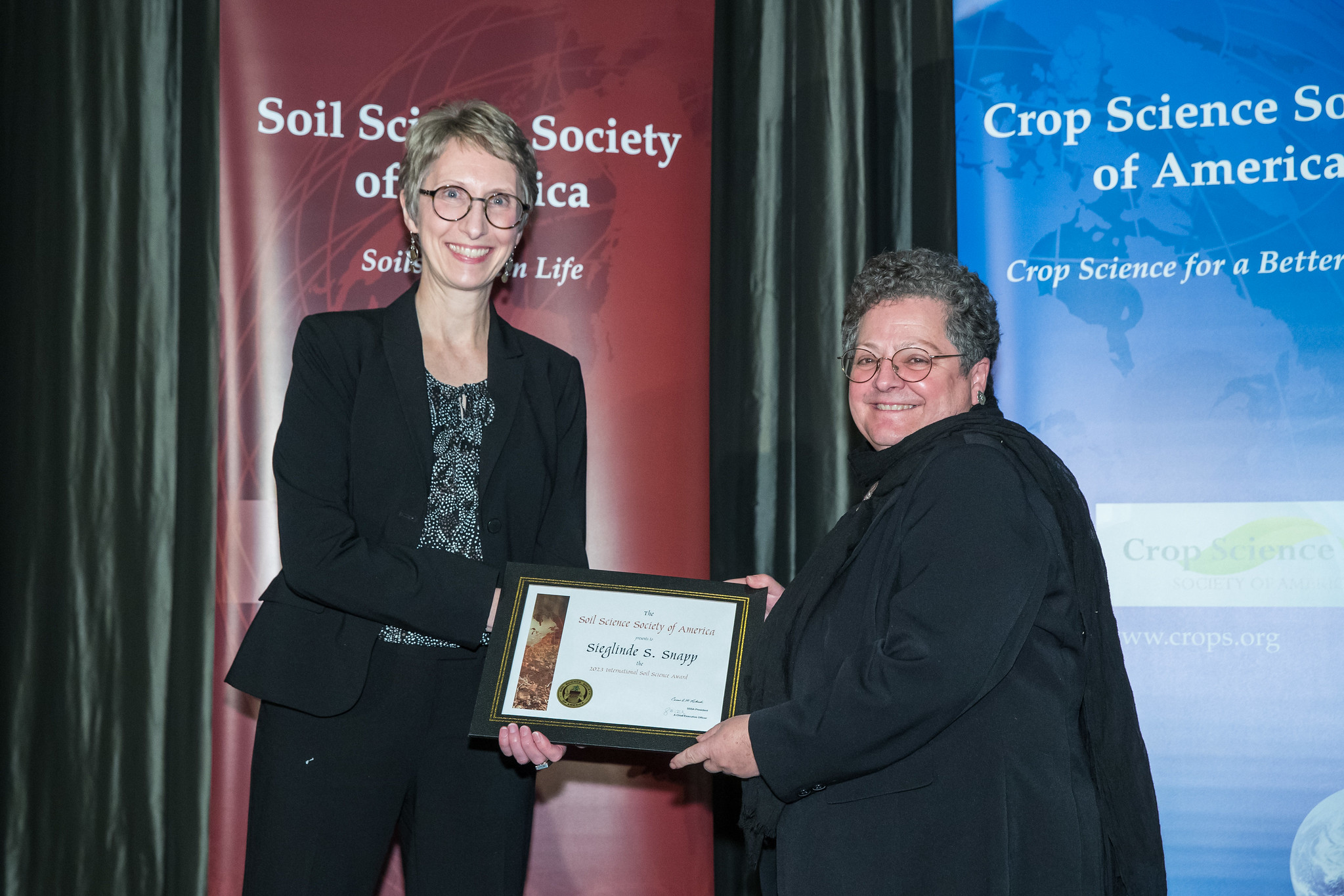Environmental health and biodiversity
The world needs better management of water, soil, nutrients, and biodiversity in crop, livestock, and fisheries systems, coupled with higher-order landscape considerations as well as circular economy and agroecological approaches.
CIMMYT and CGIAR use modern digital tools to bring together state-of-the-art Earth system observation and big data analysis to inform co-design of global solutions and national policies.
Our maize and wheat genebanks preserve the legacy of biodiversity, while breeders and researchers look at ways to reduce the environmental footprint of agriculture.
Ultimately, our work helps stay within planetary boundaries and limit water use, nutrient use, pollution, undesirable land use change, and biodiversity loss.
Peter Setimela
 Capacity development
Capacity development
Afriseed: How improved legume seed can help transform Zambia’s agrifood systems
 Climate adaptation and mitigation
Climate adaptation and mitigation
Afriseed and AID-I are helping smallholder famers in Zambia transition to improved, high-yielding legumes.
Every drop of water matters: Leading global research institutes ally to aid farmers in dry and saline ecosystems
 Capacity development
Capacity development
Two world-class research-for-development centers will work to raise food production and livelihoods in croplands where water is the defining constraint.
Combatting maize lethal necrosis in Zimbabwe
 Capacity development
Capacity development
CIMMYT leads training sessions to equip stakeholders with tools to identify and mitigate the effects of MLN.
Sowing seeds of change: CIMMYT leads crop diversification efforts in South Asia
 Capacity development
Capacity development
CIMMYT is leading South Asia’s crop diversification efforts with projects such as TAFSSA and RUPANTAR, focusing on evidence-based policies and robust support to smallholder farmers.
Ismahane Elouafi returns to CIMMYT—on a system-wide tour
 Environmental health and biodiversity
Environmental health and biodiversity
CGIAR leadership visited CIMMYT to learn about the Center’s work in advancing resilient food systems.
CIMMYT-BISA-ICAR partnership brings huge benefits in South Asia
 Climate adaptation and mitigation
Climate adaptation and mitigation
In 2011, CIMMYT and ICAR committed to agricultural development in South Asia with the creation of BISA. Since then, BISA has increased crop yields, developed hardy wheat varieties and championed environmental health.
How CGIAR maize breeding is improving the world’s major staple crop for tropical regions
 Climate adaptation and mitigation
Climate adaptation and mitigation
Maize breeding innovations by CIMMYT, the International Institute of Tropical Agriculture (IITA), and CGIAR’s Accelerated Breeding Initiative, will deliver climate-resilient and nutritionally enriched maize varieties for farmers and consumers.
Strengthening seed systems emphasized to enhance Bhutan’s seed and food security initiatives
 Capacity development
Capacity development
The mountainous Himalayan country is facing a reduction in the production of cereals, and an increase in productivity within the limited arable area is needed.
CIMMYT at the Borlaug Dialogue
 Capacity development
Capacity development
The 2023 Borlaug Dialogue showcased CIMMYT’s collaborations in Mozambique and innovative initiatives to address agricultural challenges in Southern Africa.
Sieg Snapp receives International Soil Science Award
 Climate adaptation and mitigation
Climate adaptation and mitigation
Director of CIMMYT’s Sustainable Agrifood Systems program recognized for outstanding contributions to soil science.


